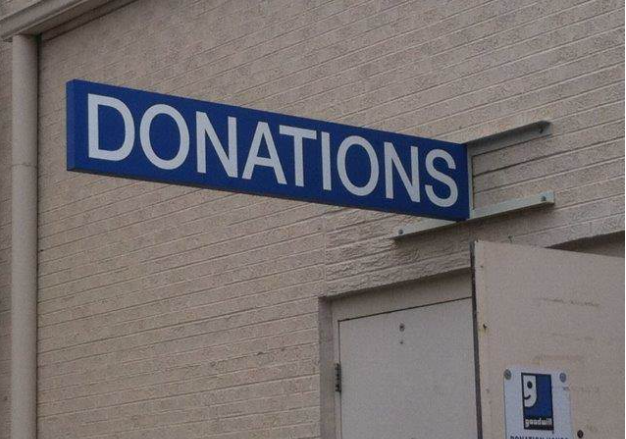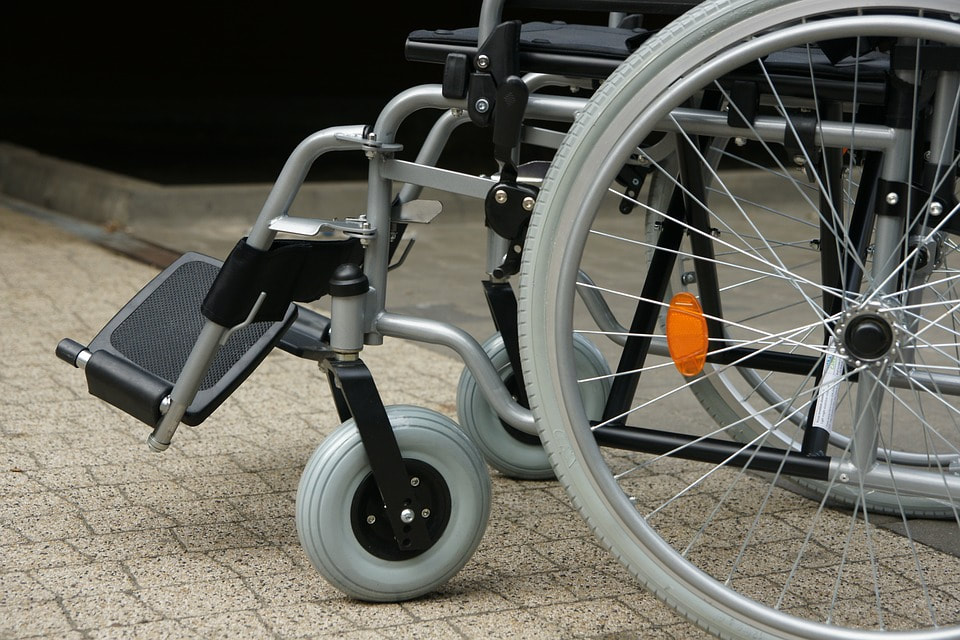|
|
|
As an organizer, I'm a proponent of getting rid of stuff that no longer serves a meaningful purpose in your life. As someone who cares about the environment and believes firmly in the importance of recycling, I'm all about keeping recyclable and reusable items out of landfills. Thrift stores are a wonderful way of finding a new home for still useful stuff that you no longer love or need. Sometimes, however, in an effort to ease our consciences about getting rid of things, or simply out of convenience, we pass things on to thrift stores that they cannot use. Doing so increases their burden while decreasing their bottom line, or profit. Since most thrift stores are run by charities, that means less money is available to go toward the cause and more is being wasted on unnecessary expenses. Trash or Treasure: Determine Before You DonateRead/listen to this short blurb from NPR about the problem unusable donations pose for Goodwill Industries.
Guidelines for GivingPerhaps the best advice anyone can offer with regard to donating used items is to be considerate. Think of those who will be receiving and ask yourself whether or not you would want whatever it is you are offering. Also keep in mind the following: Trash is TrashFirst and foremost, avoid donating trash. That may sound obvious, but it does happen, on a regular basis. If you think an item is too gross to keep, don't donate it. Throw it away. Consumables that have been used should be considered trash. What do I mean by consumables? Anything that is meant to be used up or used and thrown away. Food obviously falls into this category, but I think everyone knows the thrift store is not the place for donating food items. Other examples of consumables thrift stores don't want include:
Evaluate an Item's DonatabilityMany of us understandably feel a pang of guilt when we throw away "a perfectly good item." I'll be the first to suggest that the landfill is the last place that many of these items belong, but it is inconsiderate of fellow patrons and burdensome to charities to give things no one wants or has a use for. When choosing what to donate and what to throw away, ask yourself if you would want someone to give the item to you. Consider the following when contemplating a donation:
What to do with the Un-donatableJust because your local thrift store can't or won't take a specific item, that does not automatically mean that item has to be sent to the dump. It's truly surprising and somewhat awe inspiring how many things can be recycled these days. Here you can find a list of over 200 items that can be recycled, plus a whole lot more information on disposing of specific items responsibly. In addition to recycling, there are many other options available for passing unneeded items on to others. Click on the topics below for specifics about donating or otherwise disposing of specific items.
I spoke to a worker at my local thrift store last year and was shocked to learn that here in my small town, they turn over about 10,000 items a week. That sounded astronomical to me, but I have since discovered with a little research that this is actually small potatoes for the thrift store industry. Many larger thrift stores deal with 3 to 5 times that volume in the same time frame.
We all want to feel like the items we're getting rid of are going to a good home, and donating to a thrift store is a good way to offer useful things to people who want and need them. That said, we do the thrift stores, many of which are charities or function in support of a charity, a disservice when we stick them with items they can't use. What you do with the items you declutter is as important as the decluttering process, especially since it is the part of the process that affects others. Please be a thoughtful and intentional giver and make sure the items you are donating are supporting your thrift store's mission and not adding to their burden.
6 Comments
|
Archives
November 2022
Categories
All
|
Proudly powered by Weebly



 RSS Feed
RSS Feed